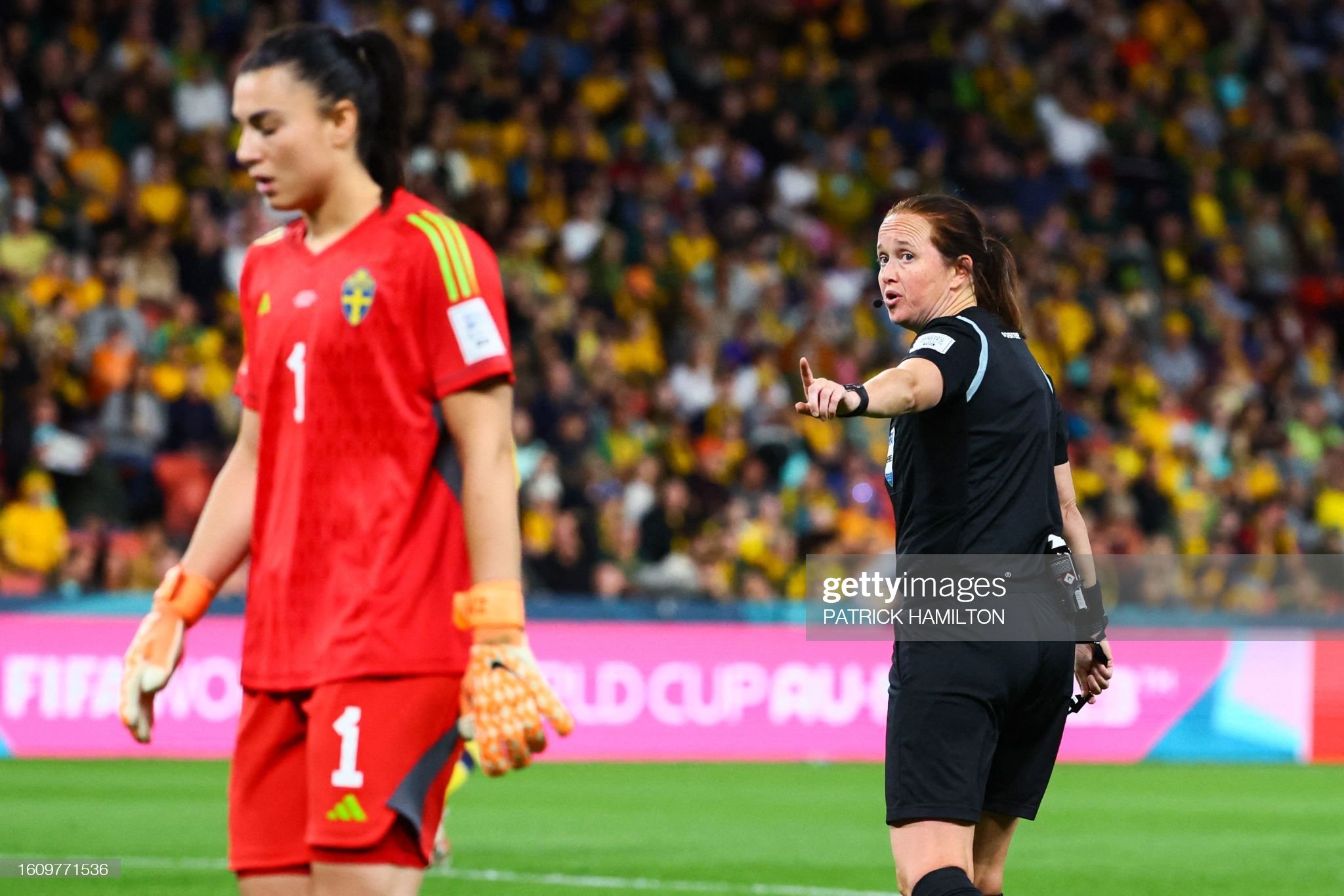By Hannah Blackwell
One in four Welsh football referees have suffered physical abuse, according to a survey published by the Football Association of Wales.
They also claim almost nine out of 10 officials suffer verbal abuse and over half of all officials believe the problems are getting worse.
Those issues are combining to convince many referees to pack up officiating.
Sport lecturer, Welsh football coach and former referee, Sean Regan said: “It put me in a position that made me decide that I wouldn’t continue with refereeing. It just made me question, ‘is it worth it really?’.
“I feel like there needs to be a change in culture. We will not have football, grassroots football, or any other sport, without officials. We need to act and behave on the side of the pitch the way we think we should act and behave walking down the street, or in our office.
 Officials at Pen-y-bont v Cardiff Met. Pic: John Smith/FAW[/caption]
Officials at Pen-y-bont v Cardiff Met. Pic: John Smith/FAW[/caption]
All members of the football family are role models to our players, and we need to keep that in mind all the time.”
Referees taking the decision to leave the game has a detrimental impact on the whole of Welsh football, as there are currently not enough active referees to provide a match official at every grassroots game in Wales.
The FAW and Area Associations are therefore introducing initiatives which aim to reduce incidents of abuse, improve discipline across the country and consequently increase the number of active referees.
These initiatives include a trial of sin bins in bid to reduce dissent towards match officials and the introduction of yellow arm bands for junior referees to wear to signify to players, coaches and spectators that the referee is under 18.
All match officials have also been provided with a comprehensive guide on how to report additional misconduct.
Additional misconduct includes misconduct by a club official, spectators or aplayer, before or after the match, or after having been sent off.
 Assistant Referee Michelle Portelli ahead of kick off at
Assistant Referee Michelle Portelli ahead of kick off at
Pontypridd Town v Goytre United. Pic: Lewis Mitchell/FAW[/caption]
Welsh Referee and the FAW’s first women’s referee development officer, Ceri Williams said: “Refereeing in general has a really poor retention rate, which isn’t something specific to Wales, it’s across all the countries.
“This is due to the general abuse that you can receive as a referee. But I think the drop-out rate is significantly higher in women for that reason. That’s why introducing initiatives that offer support and aid retention are so important.
“I would often receive comments such as ‘go back to the kitchen’ or ‘go home to your husband.’ Psychologically, I think personal comments were sometimes harder to deal with as they were targeted at me due to being a woman.
“We see a lot of girls walking away from the game because of that reason and this highlights the importance of having a support network that the Adran Leagues referee academy will provide, and an opportunity to learn from those who have experienced this.”
Llongyfarchiadau 👏
A wonderful appointment for Cheryl Foster 🏴 as the former @Cymru international will referee the play off for 3rd place at the #FIFAWWC
Do you want to pick up the whistle? https://t.co/hAj8kMHJPn pic.twitter.com/fFilBTjH0r
— FA WALES (@FAWales) August 17, 2023
There are currently only 50 women registered as referees in Wales.
Foster became the first Welsh official to take charge of a football World Cup match in 45 years at the recent Women’s World Cup in Australia and New Zealand.
The Bangor referee was in the middle for Brazil’s 4-0 demolition of Panama in Adelaide.
She also took charge of the third-place play-off between Australia and Sweden.
Foster earned 63 caps for her country as a player and starred for Liverpool.






